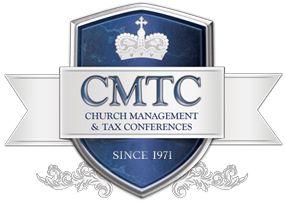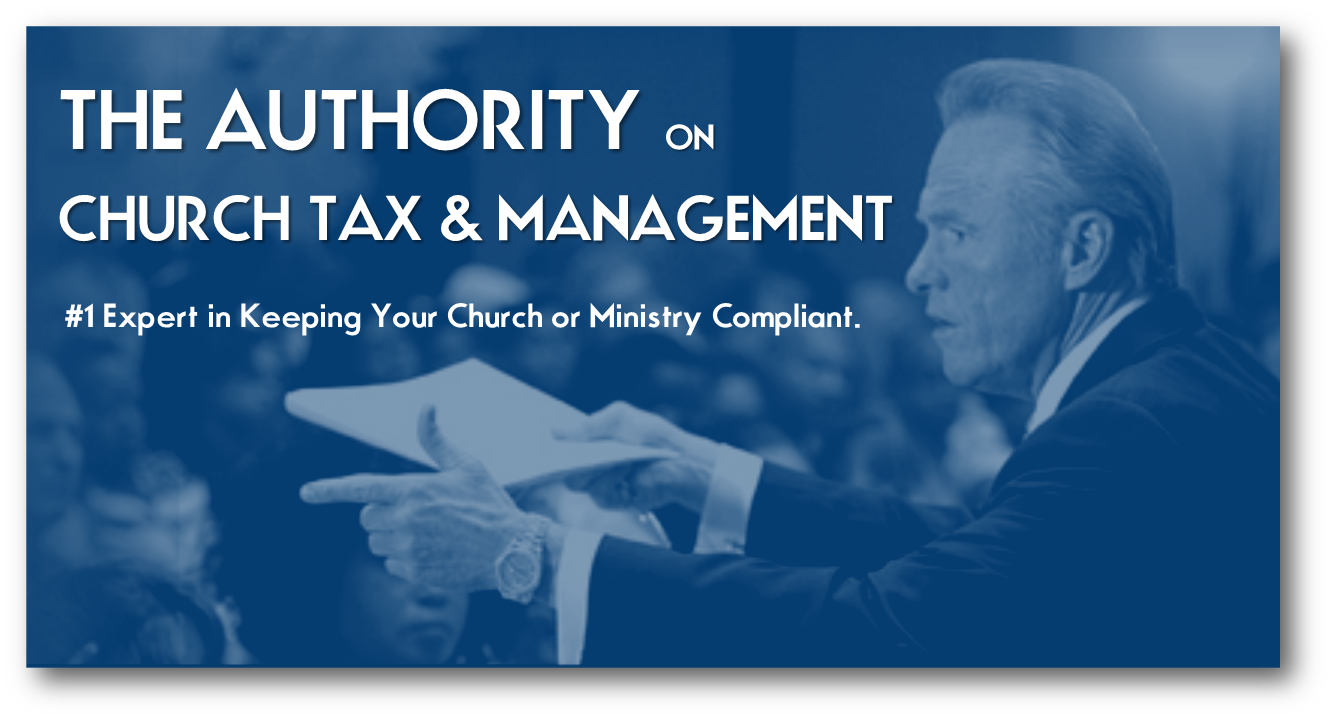|
We are approaching another election season and people get passionate in support or lack thereof for a particular candidate. This is especially true for Churches when one candidate seems to mirror their doctrinal beliefs while the other candidate is the antithesis. Almost every election cycle, Churches find themselves in trouble with the Internal Revenue Service and the possible revocation of their 501(c)(3) status. According to IRS section 501(c)(3), a tax-exempt organization, including Churches and Religious Organizations, may not attempt to influence legislation as a substantial part of its activities and it may not participate in any campaign activity for or against political candidates. The Government does apply limitations on legislative and political campaign activities of Churches and Religious Organizations. The above-mentioned section also declares that any Church or Religious Organization that participates in these types of activities could possibly experience revocation of its tax-exempt status.
|
Archives
September 2020
Categories |



 RSS Feed
RSS Feed



